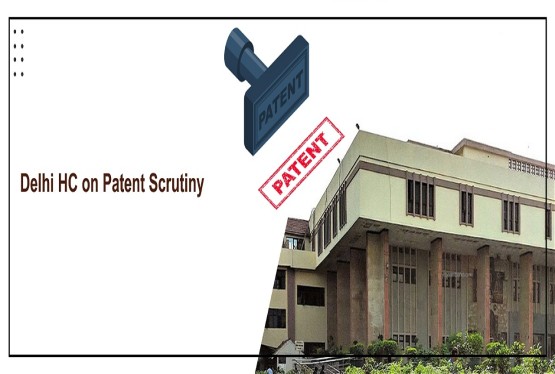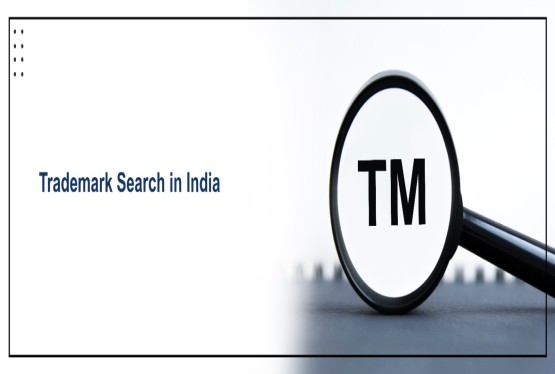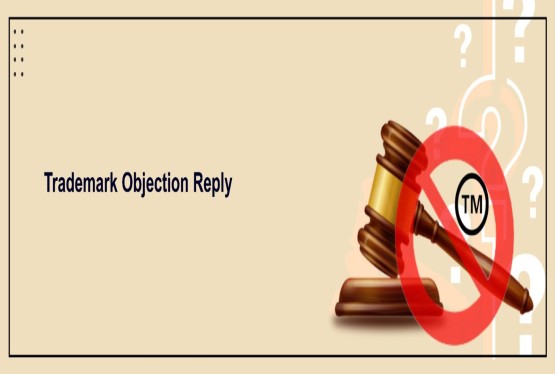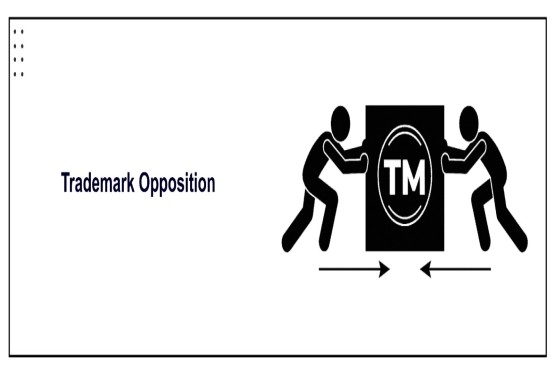The Exide Industries case is a landmark judgment in Indian trademark jurisprudence, highlighting the interplay between registered rights, goodwill, and prior user claims. It involved two major players in the battery industry: Exide Industries Ltd. and Exide Corporation (Chloride Group, U.S.).
Background of the Case
-
Exide Industries Ltd. (India) had been using the “Exide” trademark in India since the 1940s through its predecessor, the Chloride Group. Over decades, the mark gained immense goodwill and consumer recognition in the Indian battery market.
-
Exide Corporation (U.S.), the original proprietor, also claimed rights over the mark “Exide” internationally.
-
At one stage, Exide Industries in India and Exide Corporation abroad both laid claim to the same mark, leading to litigation when Exide Corporation (through its licensee) attempted to re-enter the Indian market.
This created a classic trademark ownership dispute involving prior user rights, assignment of marks, and goodwill protection.
Legal Issues Before the Court
-
Who is the rightful owner of the “Exide” trademark in India?
-
Exide Industries (India), claiming continuous use and goodwill since the 1940s.
-
Exide Corporation (U.S.), claiming original global ownership.
-
Does registration or prior use prevail under Indian law?
-
The case tested the principle of prior use vs. registered ownership.
-
Can foreign entities reclaim rights over marks used in India after long non-use?
-
Particularly relevant under Section 47, Trade Marks Act, 1999 (removal for non-use).
Relevant Legal Provisions
-
Section 28, Trade Marks Act, 1999 – Rights conferred by registration.
-
Section 34 – Protection of prior user over registered proprietor.
-
Section 47 – Removal of trademark for non-use.
-
Section 27(2) – Common law rights of passing off.
Court’s Findings
The Delhi High Court, and later the Supreme Court, examined the long history of use and goodwill:
-
Exide Industries Ltd. (India) was held to be the lawful proprietor of the “Exide” trademark in India because of continuous use since independence and substantial goodwill among Indian consumers.
-
Exide Corporation (U.S.) had not actively used the mark in India for decades, and mere global ownership did not override domestic goodwill.
-
The Court held that Indian consumers associate “Exide” exclusively with Exide Industries Ltd. Any other use would cause confusion and amount to passing off.
-
The principle of prior user rights (Section 34) was given primacy over claims of registration or historical assignment.
Precedents Cited
-
Kamal Trading Co. v. Gillette U.K. Ltd. (1988): Prior user rights trump registration.
-
Milmet Oftho Industries v. Allergan Inc. (2004): A foreign brand with global reputation cannot oust an Indian prior user unless actively trading in India.
-
Century Traders v. Roshan Lal Duggar (1978): First user in the market is the true proprietor, irrespective of registration.
Outcome
The Court restrained Exide Corporation (U.S.) from using the mark “Exide” in India.
Exide Industries Ltd. retained exclusive rights, having established decades of continuous use, extensive goodwill, and strong consumer association.
Importance
-
Prior Use is Supreme: Even registration cannot defeat the rights of a genuine prior user under Section 34.
-
Goodwill is Market-Specific: Global ownership is irrelevant if no reputation or use exists in India.
-
Non-use Weakens Rights: Long absence from the Indian market barred Exide Corporation (U.S.) from reclaiming the mark.
-
Consumer Protection at Core: The judgment focused on avoiding deception and protecting consumer trust.
Final Word
The Exide Industries v. Exide Corporation case is a milestone in Indian IP law, reaffirming the strength of prior user rights and local goodwill over foreign proprietors with dormant claims. It sets a strong precedent that in India, use it or lose it applies to trademarks an important lesson for multinational companies eyeing re-entry into the Indian market.
FAQs
Q1. What was the dispute in the Exide case?
Ans. The dispute centred on the ownership and usage rights of the trademark “Exide” in India. While Exide Corporation (U.S.) claimed original global ownership, Exide Industries Ltd. (India) had been using the mark continuously in India since the 1940s, building goodwill and reputation.
Q2. What was the main legal issue?
Ans. The key issue was whether global ownership or continuous domestic use takes precedence under Indian trademark law. The Court had to decide if Exide Corporation (U.S.) could reclaim rights over the “Exide” mark in India despite decades of non-use.
Q3. Which provisions of law were applied?
Ans. The Court relied on:
-
Section 28 (rights of registered proprietor),
-
Section 34 (prior user rights prevail over registration),
-
Section 47 (removal of trademark for non-use), and
-
Section 27(2) (passing off action under common law)
of the Trade Marks Act, 1999.
Q4. What did the Court decide?
Ans. The Court held that Exide Industries Ltd. (India) was the rightful owner of the “Exide” trademark in India. Since Indian consumers strongly associated “Exide” with the Indian company, Exide Corporation (U.S.) was restrained from using the mark in India.
Q5. Why is this case important?
Ans. This case reinforced the principle that prior user rights and goodwill in India outweigh foreign ownership or registration. It also highlighted that trademarks must be actively used otherwise, rights may be lost under Indian law.

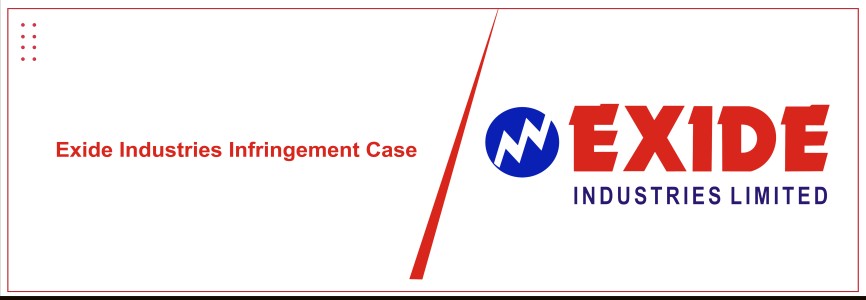




























_(b)_of_the_Trademark_Act,_1999_(1)_crop10_thumb.jpg)



_crop10_thumb.jpg)




























_crop10_thumb.jpg)
_crop10_thumb.jpg)






_crop10_thumb.jpg)








_crop10_thumb.jpg)



_crop10_thumb.jpg)





























_crop10_thumb.jpg)

















_crop10_thumb.jpg)






_crop10_thumb.jpg)












































































































































_crop10_thumb.jpg)




































_crop10_thumb.jpg)












_crop10_thumb.jpg)















































_crop10_thumb.jpg)


































































































